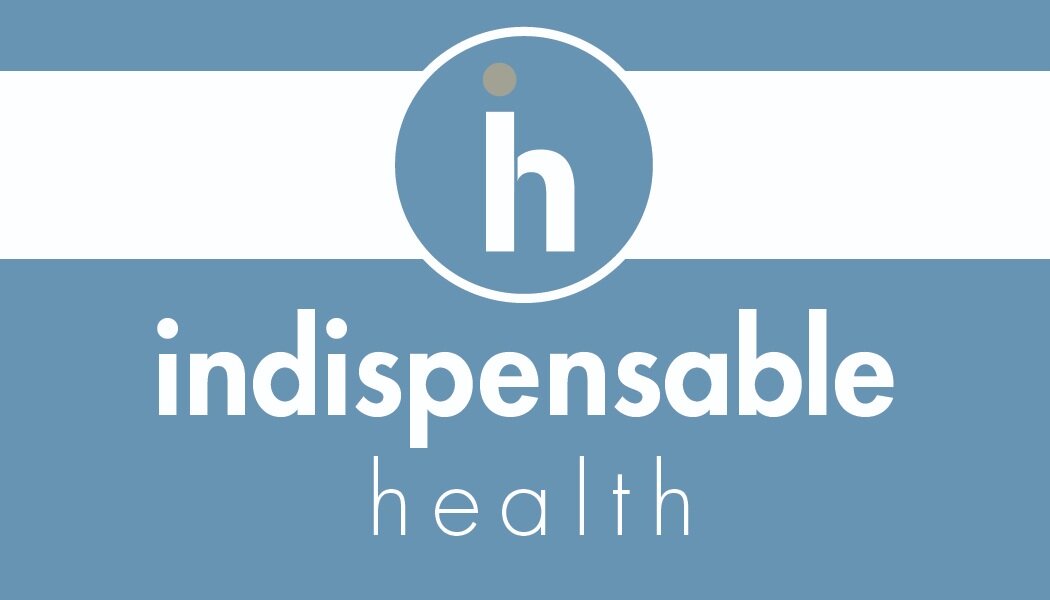Cultivating Trust: Why & How to Be a Good Client in Healthcare
The healthcare industry buzzes with life-saving technologies, innovative treatments, and dedicated professionals. But behind the scenes, another vital force fuels this complex ecosystem: strong partnerships. From medical equipment suppliers to software developers, these collaborations provide resources and expertise that ultimately benefit patient care. Yet, just as a smooth patient-provider relationship hinges on mutual respect and understanding, thriving healthcare partnerships rely on the cornerstone of exemplary customer behavior. So, how does a healthcare business cultivate the coveted title of "model client" within this intricate landscape?
The Value of Being a Good Customer:
The benefits of fostering positive customer relationships within healthcare extend far beyond simply securing a reliable supplier. These collaborations, when nurtured through exemplary customer behavior, have the potential to:
Optimize efficiency and reduce costs: Clear communication, prompt payment, and proactive feedback allow partners to streamline workflows, allocate resources effectively, and ultimately lower costs for both parties, potentially translating into more affordable healthcare for patients.
Drive innovation and co-creation: Open dialogue and trust-based partnerships pave the way for collaborative problem-solving. By providing constructive feedback and sharing industry insights, healthcare businesses can inspire partners to develop solutions that cater directly to their evolving needs and market demands.
Enhance overall market competitiveness: When a collaborative spirit permeates the industry, knowledge and best practices flow more freely. Healthcare businesses operating as responsible, engaged collaborators contribute to a healthier ecosystem, ultimately benefiting all players and strengthening the industry's competitive edge.
Foster personal satisfaction and trust: Building positive relationships creates an environment of mutual respect and appreciation. When both parties feel valued and supported, the work feels more fulfilling, leading to more engaged team members and a brighter professional experience for everyone involved.
The Pillars of Excellent Customer Behavior in Healthcare:
So, what concrete actions differentiate a model healthcare customer from the rest? These fundamental pillars set the stage for successful, long-lasting collaborations:
Clarity and Communication: Clearly defining needs, expectations, and timelines at the outset lays the foundation for a healthy partnership. Proactive communication, keeping business partners informed of changes or concerns, builds trust, and minimizes friction.
Timeliness and Responsiveness: Promptly responding to inquiries, providing feedback, and adhering to agreed-upon deadlines demonstrate professionalism and fosters respect. This punctuality translates into efficient workflows and avoids costly delays for both parties.
Financial Responsibility: Adhering to payment terms, being transparent about budgetary constraints, and actively seeking solutions to potential financial challenges are crucial to maintaining financial integrity and building trust.
Active Engagement and Collaboration: Going beyond simply receiving services, a model customer participates actively in discussions, provides valuable feedback, and readily shares industry knowledge. This collaborative spirit allows both parties to continuously learn and adapt, enhancing the partnership's value.
Respect and Professionalism: Treating business partners with courtesy, understanding, and valuing their expertise fosters a positive working environment. This respect also extends to respecting contractual agreements and maintaining ethical business practices.
Beyond Individual Action: Systemic Shifts for a Collaborative Future:
While the onus lies on each healthcare business to cultivate responsible customer behavior, B2B partners also have a role to play in fostering a collaborative environment. This includes:
Transparency and Open Communication: Clearly communicating product capabilities, limitations, and pricing structures builds trust and allows for realistic expectations.
Proactive Support and Guidance: Actively providing training, technical assistance, and ongoing consultations empowers customers to utilize products and services effectively, maximizing the partnership's value.
Adaptability and Flexibility: Recognizing that customer needs evolve and being willing to adapt solutions or negotiate terms strengthens the partnership and demonstrates a commitment to mutual success.
Recognition and Appreciation: Acknowledging good customer behavior through formal or informal rewards programs builds loyalty and incentivizes continued commitment to responsible partnership.
In conclusion, the healthcare landscape pulsates with the intricate dance of partnerships that ultimately serve the well-being of patients. By embracing the principles of responsible customer behavior, healthcare businesses can transform themselves from mere consumers into active collaborators, shaping a more efficient, innovative, and ultimately, more patient-centric ecosystem. From clear communication and financial responsibility to a spirit of proactive engagement and mutual respect, these pillars of exemplary customer behavior pave the way for stronger customer-supplier relationships and benefit both organizations.

